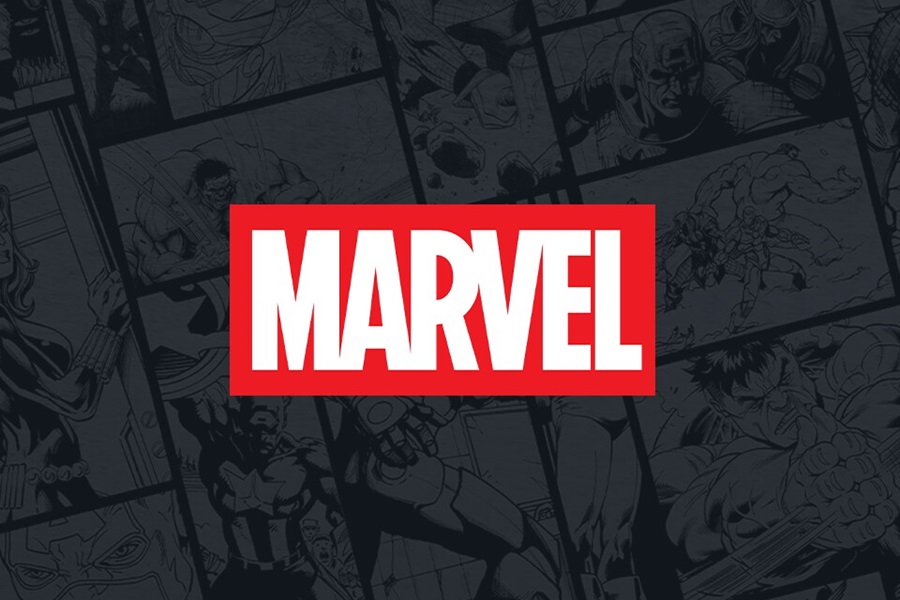
Published :
Updated :

There was a time not long ago when a new Marvel movie meant something. It meant packed halls on opening night, claps at familiar theme music, and fans arguing theories on the way home.
From Iron Man to Avengers: Endgame, Marvel didn’t just build a universe; it built trust. Viewers felt like they were on a long journey, one that respected their time, emotions, and attention. That trust feels shaken now.
Marvel isn’t exactly failing. The box office numbers are still decent, the brand remains recognisable, and some projects continue to find success. But ask most long-time fans and you’ll hear the same thing, it just doesn’t hit the same anymore. Something essential has slipped.
One of the clearest reasons is the shift from quality to quantity. After Endgame, Marvel didn’t pause to reset or breathe. Instead, it sprinted. Between movies and shows, there’s now more Marvel content than ever before—but less of it feels necessary.
What used to be two or three major films a year has become a stream of overlapping series, spin-offs, and sequels, each vying for attention. And with that constant output came a drop in focus.
You can feel it in the stories. Earlier Marvel films took their time. Even in big, loud blockbusters, there were moments of quiet, of character, of emotional weight. The pacing was tight but deliberate. The humour didn’t drown out grief. There was a sense that someone, somewhere, had spent a lot of time thinking through each detail.
Compare that to recent projects, and it often feels like scripts were rushed through rewrites, visual effects were stitched together at the last minute, and characters were introduced more to check boxes than to tell stories. The charm is thinner. The plotlines blur. Scenes that should land emotionally don’t, because they haven’t earned it.
People behind the scenes have started speaking out. Visual effects artists, for instance, have highlighted the pressure of impossible deadlines and excessive workloads. When a studio commits to this much content, quality suffers—not just creatively, but technically. And audiences notice. They may not always know why something feels off, but they feel it.
Part of what made the earlier Marvel phases work was the sense of direction. Each movie didn’t just entertain—it contributed to something larger. The arcs of characters like Tony Stark or Steve Rogers stretched across years. Their growth felt natural because we saw it unfold slowly, in both big and small moments. We laughed with them, worried for them, and mourned them. That kind of connection can’t be speedrun.
Now, Marvel is introducing new characters at a rapid clip, hoping they’ll land without giving them the space to breathe. Some are interesting. Some have potential. But it’s hard to care deeply when the stories around them feel rushed or cluttered, when they’re introduced in one show, referenced in another, and dropped into a multiverse before we’ve even learned what they want.
It promised endless creativity, and sometimes it delivers. But it also makes it harder to care. If death isn’t permanent, if every version of a character can return in some form, if a variant might undo every storyline, then what are the stakes? What used to feel grounded now often feels hollow.
It’s not just a creative challenge. It’s also an emotional one. After Endgame, many people felt full, like they’d eaten a satisfying meal. Instead of letting that feeling settle, Marvel continued to offer more courses. The appetite isn’t the same anymore. Audiences are tired, not because they hate Marvel, but because they loved it once, and now they miss what it used to be.
The solution isn’t to go bigger. It’s to go deeper.
Some of Marvel’s best moments were never about explosions or crossover cameos. They were about characters making hard choices. About identity, sacrifice, friendship, and grief. Those stories still matter. But they need time and care. They need studios to stop thinking like factories and start thinking like storytellers again.
Marvel doesn’t need to reinvent itself entirely. It just needs to remember why it mattered in the first place. People showed up because they believed the stories were worth their time. Not because they had to, but because they wanted to. That’s a hard kind of loyalty to earn—and an easy one to lose.
There’s still time to turn it around. The audience hasn’t walked away. But they’re not watching out of wonder anymore. They’re watching out of habit, or curiosity, or nostalgia. And habits fade. Curiosity wears off. Nostalgia doesn’t last forever.
What lasts is care. And right now, that’s what Marvel needs to show again. Not with more. Just with better.
samin.shahan@gmail.com


 For all latest news, follow The Financial Express Google News channel.
For all latest news, follow The Financial Express Google News channel.